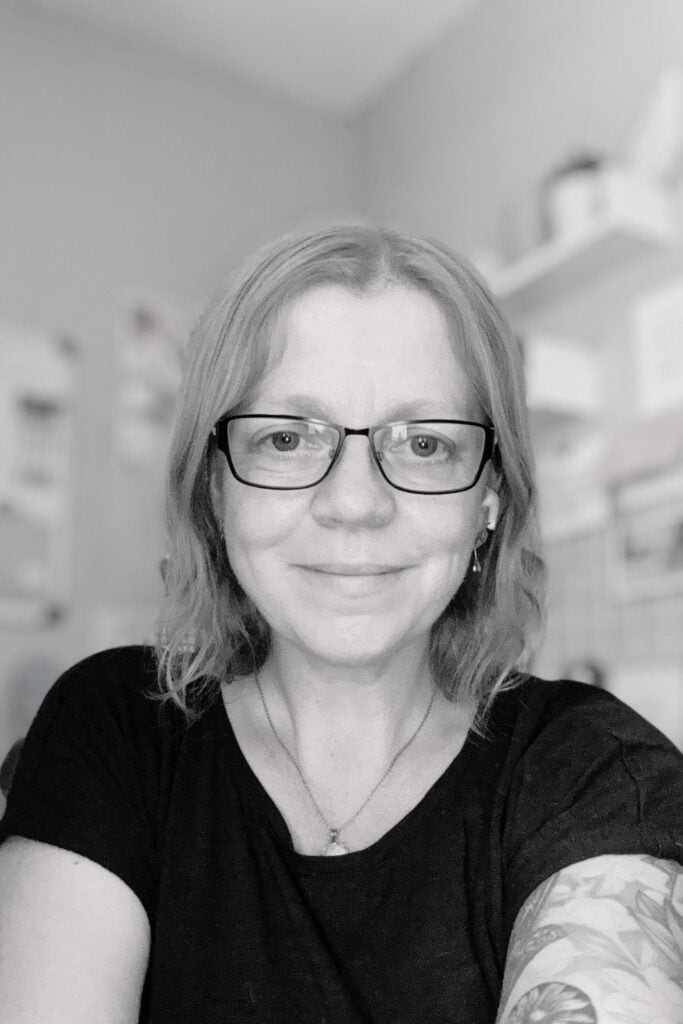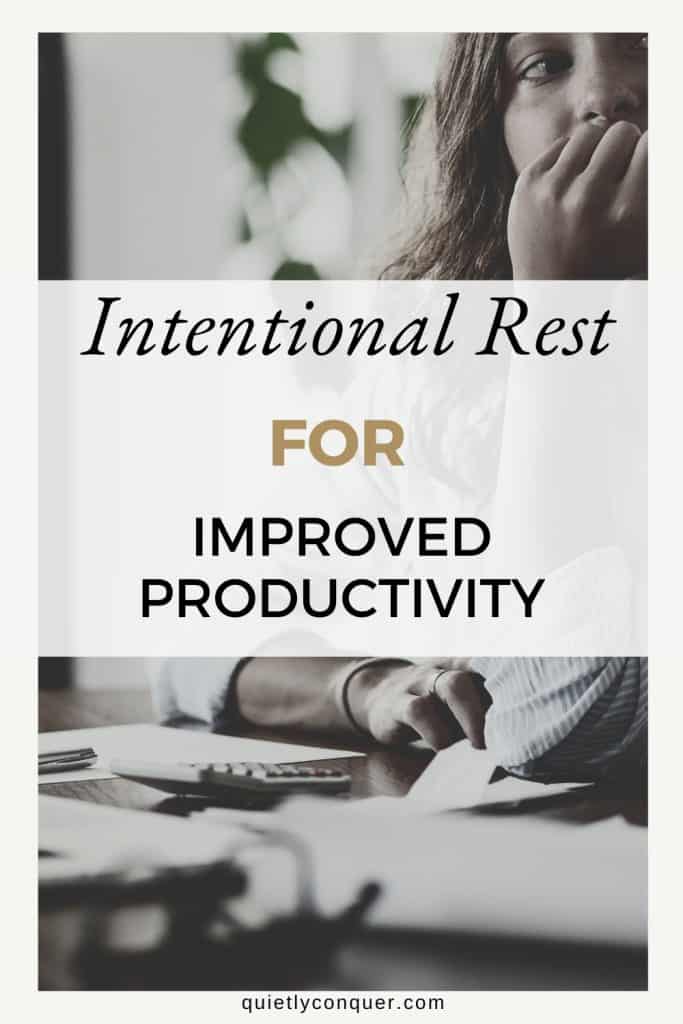Low Energy Coach? Find Balance By Nurturing Your Energy.

As someone who manages low energy, but has a habit of taking on multiple projects, the most important part of staying focused, and making consistent progress, beating procrastination, and managing your time more effectively, is to pay close attention to your energy.
In this blog we'll look at how you can learn how to work with your energy so that you can do all of the things you want to do!
*Affiliate Disclosure: Some links in this post may contain affiliate links. If you purchase something via the link, I may receive a small commission. This doesn't affect the price you pay.
If you have any questions, reach out for a chat [email protected] or check out my other blogs
Table of Contents
Understanding Your Energy
- Are you a low energy coach / therapist / entrepreneur?
- Do you know what your usual energy levels are?
- Do you know the tasks or activities that increase or decrease your energy?
- Do you plan around these?
Understanding your energy is vital if you want to create more balance in your life, and lessen the risk of burnout.
As humans, everyone has a finite amount of time and energy available to them each day. For many people, consideration of their energy levels isn't a thing – they just get up, do their work, live life – do all the things and not worry too much about whether they'll have the energy to do it.
Unfortunately, not everyone has the same level of energy available to them. You may like me, have a chronic illness, or a young family and lots of other commitments and you just feel exhausted all of the time.
Whatever your situation is, it's likely that you pay attention to your energy and consider this when planning to do things.
If you have fluctuating health and energy levels because of illness, it can be difficult to manage a weekly or even daily schedule because you don't always know what could cause your energy to disappear for the day.
In the context of being an entrepreneur / coach / therapist / writer / small business owner, understanding your energy, the limitations and compromises needed will enable you to grow and maintain your business with more ease and confidence.
The Impact of Energy Depletion
When you're constantly working on an empty tank of energy, the likelihood of burning out, losing motivation or facing writers or creators block, is going to be much higher. The impact on your mindset – self belief and confidence will also be affected.
If you're consistently using the very last smidge of your energy to finish projects, leaving nothing else for you to function in life, the chances are burn-out will happen swiftly and mean you'll be unable to make any progress at all.
This cycle can be detrimental to both your personal, emotional and physical health as well as your chance of success in your business.
By choosing to be proactive in your management of your energy, you will be actively preventing burn out, preventing compassion fatigue and increasing your motivation as you continue to make progress – regardless of the speed of your progress!
Strategies to Nurture & Improve Your energy
- Prioritise Self Care. Self care when you're a low energy coach, therapist, or entrepreneur is about finding balance, resting, doing things that bring you joy as well as focusing on your work or your goals.
- Establish and Maintain Boundaries. Healthy boundaries can help you protect your energy, being able to say no when you need to and avoid feeling overwhelmed. This is crucial if you're a low energy coach.
- Optimise your Work Environment. Making your room or space calm and uncluttered. A clear space helps you focus and provides less distraction.
- Optimise your Daily Schedule. Planning in a way that considers your energy as well as your To-Do list.
- Create Balance with Work and Rest. Planning in and taking regular breaks throughout the day, as well as creating space to switch up and unwind.
Taking steps to protect and enhance your energy as a low energy coach will help you maintain consistency and motivation.
How to Plan With Your Energy as a Low Energy Coach
Spend a week or so monitoring your daily output and energy levels. You could complete a Time Audit where you track where your time is spent and how much energy each activity uses, but you may just want to keep a note in your calendar or journal.
Having an overview of a typical week (yes I know there's rarely a ‘typical' with fluctuating health, but it will give you a snapshot to work from), will help you plan a low energy timetable.
A low energy plan / schedule – or my Plan B as I refer to it, is what I use when I am very limited on energy. It includes the bare minimum of tasks I need to do with the rest of the time taken as rest.
If your energy fluctuates but you know you need a low energy-output week, use the bare minimum if you need / want to do work at all. Give yourself permission to stop when you need to, and if you do manage to do anything else, think of it as a bonus.
Why does this Work?
It works for me because I still feel like I am being productive, which gives me that feel good factor. It removes any stress I may have about not doing what I want or need to.
I find persistent low energy days, or weeks difficult at times, which leads to feelings of frustration and self doubt. With a low energy plan I know I can still do something that makes me feel like I'm still contributing.
How Do I Make My Own Plan B?
- Make a list of all of your weekly tasks.
- Put all essential Appointments in a list (eg Calls / Meetings).
- Print off a weekly planner (A4 / Letter size for space in the boxes).
- Add the essential appointments into your weekly planner.
- Now check that there is enough recovery time around each call. If there isn't. can you move any of them around?
- Using your list of tasks, prioritise into 3 sections (High / Medium / Low).
- Now colour code in terms of energy output (Red / Orange / Green).
- Plug in the essentials into your planner, giving enough space around each task for rest.
- Don't bunch together Red Energy activities.
- Be prepared to be super-flexible during these times.
- Discover when you work better and when you need to take your foot off the pedal and plan your work around this.
You can adapt this depending on the base-energy you have. You may need to stay flexible across the whole week(s) as you don't know how much of your to-do list (if any) you will be able to do.
Tips:
If you're a low energy coach / therapist / entrepreneur, see how you are on a day to day basis. Don't get hung up on feeling like you should be doing things when they can be picked up another day or the following week.
Take the pressure off in terms of the timeline you had planned. The beauty of regularly checking in with your big goals each month and quarter is that you can adapt and change things if needed.
Work to your strengths. If you're exhausted, tackling difficult tasks may not be the best idea. If you can break these down into smaller ones do that, or if you can put them aside to when your brain is working better (working / studying / learning takes up a lot of your energy).
Acceptance that you need to rest more and work less is crucial. If you fight this, it will just lead to added pressure (more energy) and frustration (even more energy!).
Remember, plans are meant to be working documents not set in stone and adhered to without exception. It's your business, your growth and your health – it's okay to do it your way.
Progress is progress – some weeks will feel easier and you will get more done. Others less so, and that's okay!
Learn to Navigate Challenges and Setbacks as a Low Energy Coach
Life is rarely linear and neither is growth – whether that's personal or professional growth.
It takes a lot of courage to decide to work towards your big goals. You're constantly absorbing new information, comparing yourself to others who seem to be more successful than you, as well as dealing with your own mindset – self doubt / limiting beliefs / uncertainty etc.
Being able to navigate challenges and setbacks is key if you want to achieve your goals. Learning to protect your energy will help you stay motivated and grounded.
If you are a low energy coach and things are difficult at the moment, navigating challenges may not be as easy as it's difficult to be resilient and confident when you're just exhausted!
Additionally, the impact of setbacks can really shake your confidence, so be mindful of this if you feel overwhelmed or you doubt yourself when dealing with things when you are low in energy.
Celebrating Progress and Growth as a Low Energy Coach
Every single thing that you do to move closer to the end goal is absolutely worth a celebration. Even if you give yourself a pat on the back – congratulate yourself in the mirror or make a note in your journal.
You have to acknowledge your wins. Whether this is “I said yes to an opportunity / I posted my very first Pin or Post today / I wrote my content for a new offer – acknowledge the success.
Perhaps you showed up live online, or joined a networking group. Anything that means you're growing and moving forward needs to be recognised and celebrated!
As cliche as it sounds – be your biggest cheerleader!

Why Should I Celebrate My Progress?
It helps with motivation and building your confidence. It helps to switch your mind from – “This is too draining, I hate it” – to ‘” can do this!”
People tend to focus on what they haven't done which isn't much of a motivator. But when you take a moment to look back and add those little bits of evidence to your “Yes I can do this!” bag, your confidence will grow which is a brilliant motivator!
As a low energy coach myself, I get how draining it can be to do things that is seen as normal in the coaching world – guesting in other groups or hosting your own online course. When you do these things it's massive and it's so important that you acknowledge them!
Stamp Out Comparison
The additional pressure that you put onto yourself to be and do everything brilliantly – right now – is a huge energy drainers.
Add in a sprinkle of comparison – which 90% of the time is unfavourable to you – the chances of becoming stuck and unable to see a way through increases.
When you compare yourself to others, it's usually with those who are either further on in their business / have been doing it much longer than you and those who may not be facing the same difficulties as you are in terms of your energy, time available or your health.
Unless you're comparing your current self with you a few steps back from where you are right now, comparison is never helpful.
As a low energy coach I've been in masterminds where I've felt like a failure because I was unable to keep up with the pace of others in the group because of my energy and health. I felt SO embarrassed that I was ‘behind'.
When I took the time to reflect on everything I had achieved in my life and since my diagnosis in 2011, I was able to move from a feeling of ‘not good enough' to “I can do this and I am doing this – but in my timeline.”
If you can, let go of the timeline a little – I understand that at times there will be deadlines, but I mean generally when working towards a goal – you will remove a huge weight off your shoulders.
Not only is this freeing in the sense of your mindset and self belief, but the impact on your energy that emotional stress has. The impact of emotional upset is significant and is one of the very first things I work on with my clients – either in counselling or coaching.
Think about something you've been putting off recently. How often do you think about it? How do you feel when you think about it? Do you feel relief when you ignore it and move onto something else?
The thing is, it sits in your head, in your subconscious and although it may feel like a relief in the moment, that seed of worry remains – and it uses energy!
Tools, Resources & Support
90-Day Planner – This printable 90-Day planner is the perfect companion for you as you set your focus for the next 3 months. Use it every 90 days to help build consistent habits and achieve your goals with ease. With a focus on intentional planning and moving forward at your own space, it's the perfect companion to see you through to the end of the year.
Etsy – Are you ready to create your own online store? Etsy is a brilliant shopping platform that's used by millions. Setting up your store is simple, and when you sign up with this link we both get 40 free listings!
Impact Stationery – Have you ever dreamed of creating your own high-end stationery products? The brilliant Laura has an amazing course & community designed to help you create premium printed products (planners, journals, decks etc.), that you can market on Amazon, or your own website. It's not KDP, these are not print on demand. The quality of the products produced within the community are incredible, with many seeing incredible returns already.
Notion Navigators – If you want to learn how to use Notion and grab some AMAZING dashboards, I highly recommend joining Jakolien. As someone who was scared of Notion and found it too complicated, I now use it daily thanks to the best daily planner system I've ever used. I cannot recommend it enough – my ND brain feels settled, goals are clear, tasks are right there for me to see – so no more decision fatigue, and a much calmer mind.
Final Thoughts
As a low energy coach / therapist / entrepreneur, learning to work and plan in a way that pays attention to your energy and ability to do certain things will enable you to protect and nourish your energy.
By acknowledging that sometimes you need to work differently will enhance your productivity and therefore help you achieve your goals more than by forcing yourself to keep pushing through.
Once you have a good understanding of your energy levels, using a Plan B or Low Energy Plan will help you to easily move between working at full capacity to stepping back without disrupting your overall process and running of your business or studies.
The impact of pushing through when low on energy is rarely worth it, possibly leading to burnout and being out of action for much longer than if you simply tooks a step back for a short period of time.
This is how I have managed my health for the past 6 years as I've been self employed. Yes I still get p'd off with it at times, but it has meant that the goals I have set I have achieved.
Think of rest and self care as part of your business and growth strategy – without them your business won't work and you won't hit those goals!
Are you a low energy coach / therapist / entrepreneur? If so, I would love to hear your thoughts on this and your experience of confidently and unashamedly working from a Plan B.
If this post helped or you enjoyed reading it, please share one of the images below as it really helps my blog – Thank You!



Meet Lynsey

Hey there! I'm Lynsey, a counsellor, coach and mentor for women who want to create change, but are feeling lost, uncertain and exhausted. With over 7 years’ experience of training, running businesses, and over a decade as a tutor and adult trainer, I've learned the value of a gentle and intentional approach to work and life that energises you without draining all of your energy.
I've lived with ME/CFS since 2011, and since then re-trained as a counsellor, and achieved a distinction for my Masters in Counselling and Psychotherapy Practice; all while running 4 businesses!
How? Improving your mindset, finding acceptance in yourself, and developing a gentle, but solution-focused approach to achieving goals is key. Knowing that it's not about how fast you move, but finding your own pace and trusting that you can achieve your goals in your own way, one step at a time.
If you'd like to know more about working with me, you can email [email protected] or find me on socials (links in the menu)
Have you seen my online store Quietly Conquer – Find DFY templates, downloads and more!






